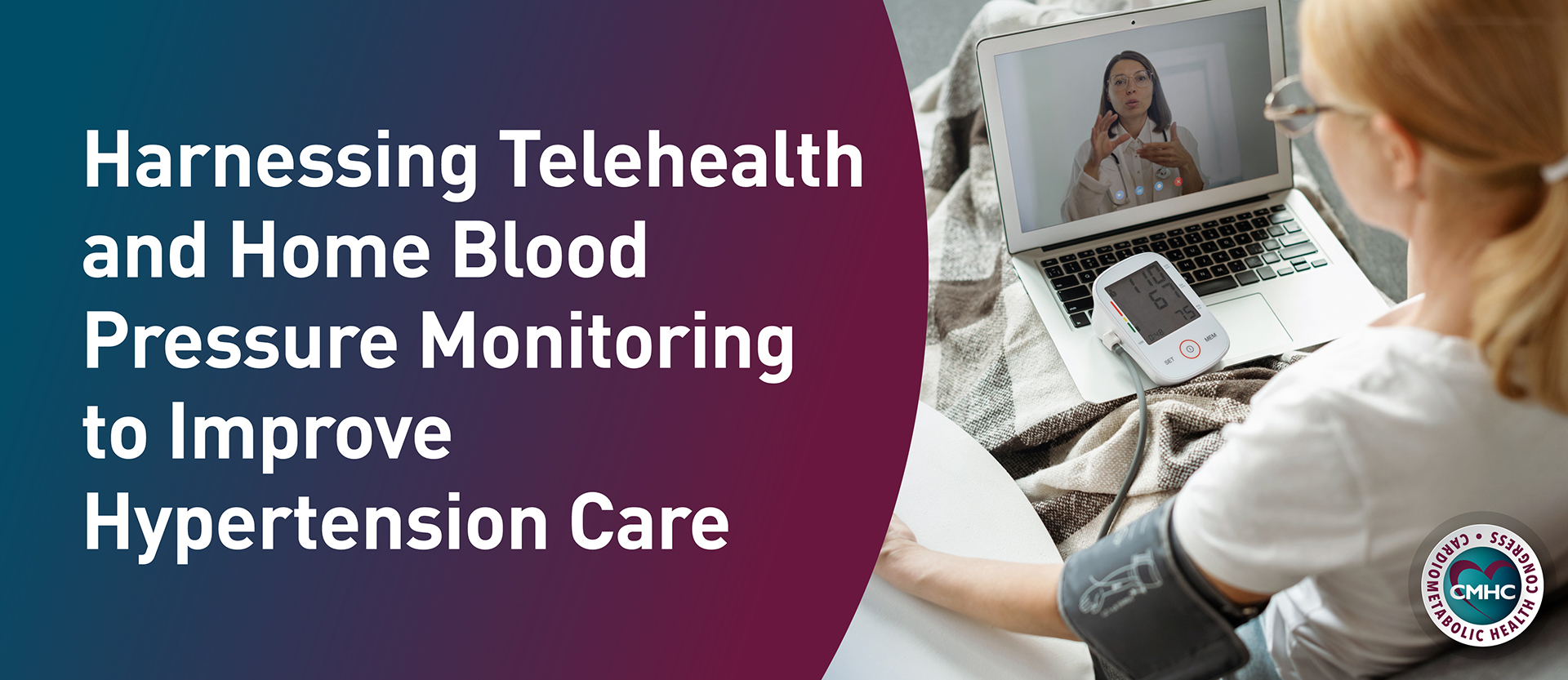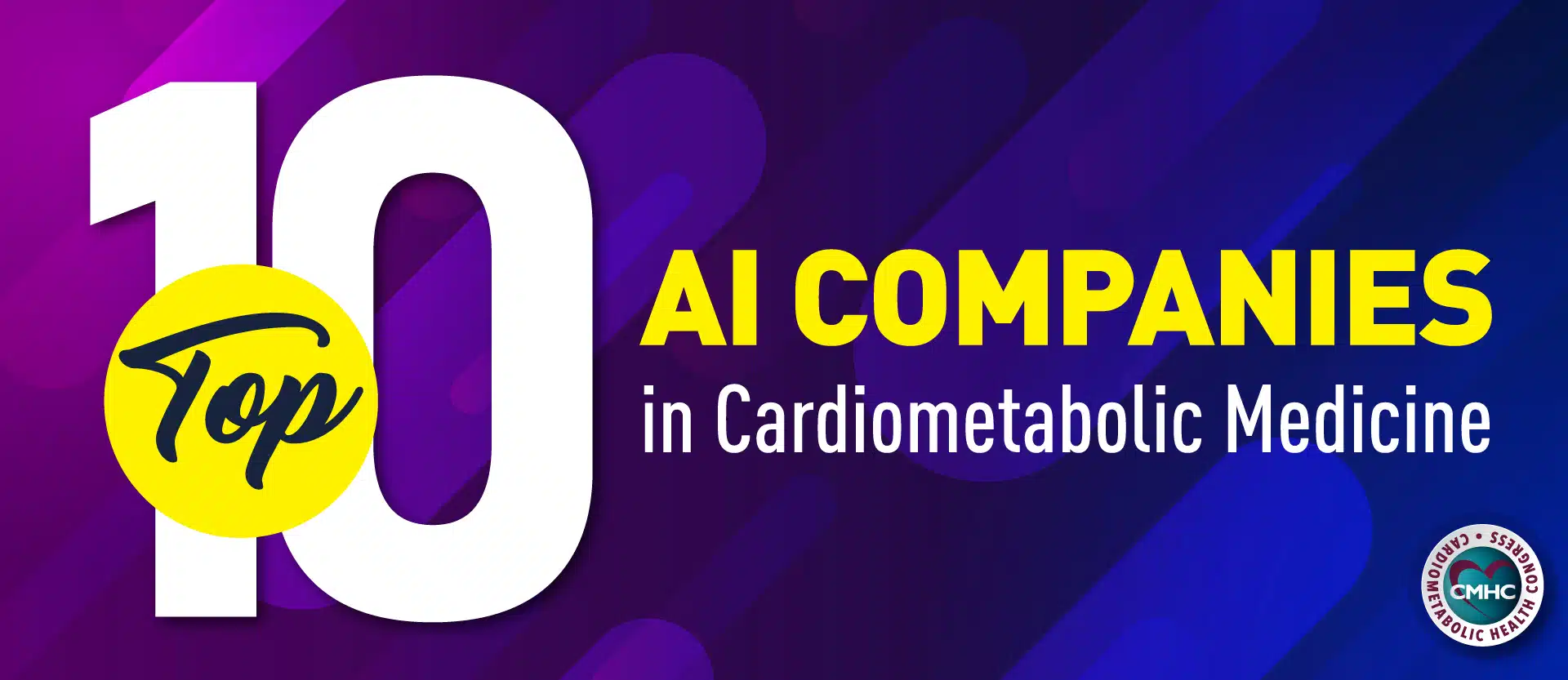Top-line results from the phase 3 ODYSSEY ESCAPE trial, which evaluated 62 patients with heterozygous familial hypercholesterolemia (HeFH) who required chronic, weekly, or biweekly apheresis therapy, have shown that the PCSK9 inhibitor alirocumab reduced the frequency of apheresis by 75% compared with placebo, and eliminated the need for apheresis for 63% of patients in the study.
Alirocumab has been approved since July 2015 in the United States as an adjunct to diet and maximally tolerated statin therapy for the treatment of HeFH or clinical atherosclerotic CVD when additional lowering of LDL cholesterol is required.
Read more on the study here. Detailed data will be presented at future medical conferences.
For perspective from expert faculty on the management of high-risk patients in the PCSK9 era, plan to attend the Best of the CMHC Regional Conference Series taking place in Atlanta, GA on May 7 and in Chicago, IL on June 18, as well as the 11th Annual CMHC in Boston, MA October 5- 8, 2016.
Reference:
Medscape. ODYSSEY ESCAPE top-line results: alirocumab reduces HFH-related apheresis therapy.







